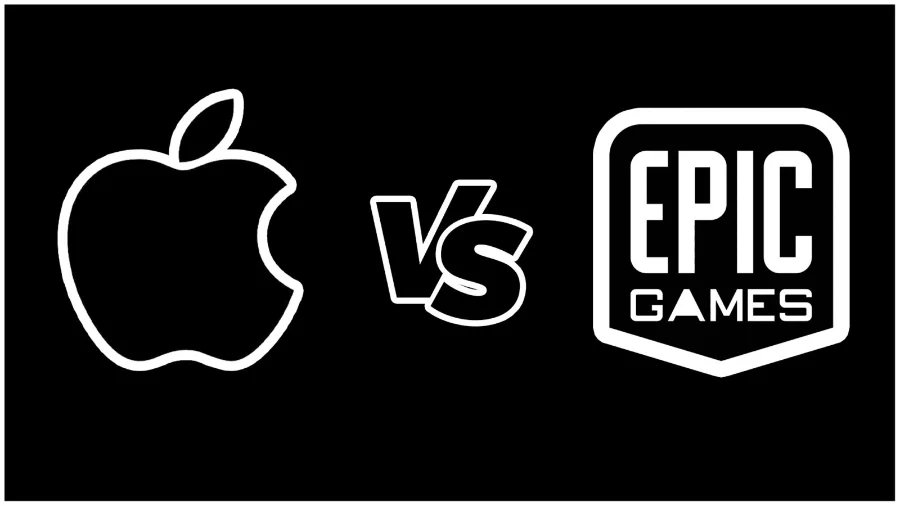Judge Yvonne Gonzalez Rogers ruled in Epic v. Apple on Friday morning, imposing new restrictions on the Apple App Store.
According to the new decision, Apple:

It prohibits developers from including in their applications external links that direct customers to purchase mechanisms.
In short, iOS app developers should be allowed to direct users to options payments beyond those offered by Apple. The ruling is scheduled to take effect in 90 days, on Dec. 9, unless otherwise ordered by a higher court.
In a separate ruling, the court confirmed that Epic Games was in breach of its contract with Apple when it implemented the alternative system payments within the Fortnite app. As a result, Epic must pay Apple 30 percent of all revenue earned through its system since it implemented it. We are talking about an amount of more than 3,5 million dollars.
But the court could not ultimately conclude that Apple operates a monopoly under federal or state antitrust laws.
So Apple "saw" the decision as a victory for the model of the App Store.
"Today the court confirmed what we knew: the App Store does not violate antitrust law," said a company spokesman.
"Apple faces stiff competition in every field in which it operates and we believe that our customers and developers choose us because our products and services are the best in the world. We remain committed to ensuring that the App Store is a safe and reliable marketplace. "



